Turkey to Break With Uncle Sam, Attack Kurds in Iraq?
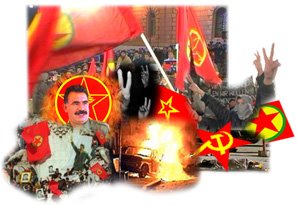
On Wednesday, Louis Meixler reported in the Independent that, "the Turkish army may move into northern Iraq if violence by Turkish-Kurdish guerrillas continues." Citing as the rationale for such an action the "increasing domestic pressure to act after 15 soldiers, police and guards were killed in fighting with the guerrillas in the past week" The report continues: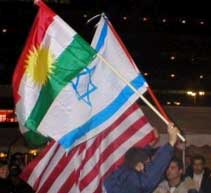 As with Lebanon, Northern Iraq is a geopolitical flashpoint that exposes the conflicting interests of many geopolitical powers. And while Uncle Sam supported Turkey's campaign of slaughter against the Kurdish rebels in the 1990s, because of Iraq the dynamics have today changed significantly.
As with Lebanon, Northern Iraq is a geopolitical flashpoint that exposes the conflicting interests of many geopolitical powers. And while Uncle Sam supported Turkey's campaign of slaughter against the Kurdish rebels in the 1990s, because of Iraq the dynamics have today changed significantly.
Apartheid Israel is deeply aligned with the Kurdish collaborator resisters in Iraq. Any crisis in Northern Iraq between Kurds and Turks will naturally inflame the same tension between Apartheid Israel and Turkey that Seymour Hersch described extensively in a New Yorker piece from June of 2004 entitled "Plan B":
The Independent concludes with the anticipated strategy of a Turkish incursion into occupied Northern Iraq - one of the few places where (thanks to Uncle Sam and Apartheid Israel's well-armed, well-supported Kurdish collaborators) the Resistance lacks a significant foothold:
Such a move could put Turkey on a collision course with the United States, which has repeatedly warned against unilateral action in Iraq.
Diplomats cautioned that the increasingly aggressive Turkish statements were probably aimed at calming public anger. But they also increase pressure on the US and Iraq to act against the rebels, who are based in northern Iraq's rugged Qandil mountains.
US officials in Turkey and Washington are said to be pressing their Turkish counterparts to work with them to fight the guerrillas rather than act alone.
 As with Lebanon, Northern Iraq is a geopolitical flashpoint that exposes the conflicting interests of many geopolitical powers. And while Uncle Sam supported Turkey's campaign of slaughter against the Kurdish rebels in the 1990s, because of Iraq the dynamics have today changed significantly.
As with Lebanon, Northern Iraq is a geopolitical flashpoint that exposes the conflicting interests of many geopolitical powers. And while Uncle Sam supported Turkey's campaign of slaughter against the Kurdish rebels in the 1990s, because of Iraq the dynamics have today changed significantly.Apartheid Israel is deeply aligned with the Kurdish collaborator resisters in Iraq. Any crisis in Northern Iraq between Kurds and Turks will naturally inflame the same tension between Apartheid Israel and Turkey that Seymour Hersch described extensively in a New Yorker piece from June of 2004 entitled "Plan B":
The Israeli decision to seek a bigger foothold in Kurdistan—characterized by the former Israeli intelligence officer as “Plan B”—has also raised tensions between Israel and Turkey. It has provoked bitter statements from Turkish politicians and, in a major regional shift, a new alliance among Iran, Syria, and Turkey, all of which have significant Kurdish minorities. In early June, Intel Brief, a privately circulated intelligence newsletter produced by Vincent Cannistraro, a retired C.I.A. counterterrorism chief, and Philip Giraldi, who served as the C.I.A.’s deputy chief of base in Istanbul in the late nineteen-eighties, said:Turkish military officials, in particular, view such 'support' to Kurds a hostile act against it by Apartheid Israel. This 'support,' coupled with the deaths of Turkish soldiers and the imminent emergence of a new, more aggressive Turkish military command animates this increasing tension.
Turkish sources confidentially report that the Turks are increasingly concerned by the expanding Israeli presence in Kurdistan and alleged encouragement of Kurdish ambitions to create an independent state. . . . The Turks note that the large Israeli intelligence operations in Northern Iraq incorporate anti-Syrian and anti-Iranian activity, including support to Iranian and Syrian Kurds who are in opposition to their respective governments...
Israeli involvement in Kurdistan is not new. Throughout the nineteen-sixties and seventies, Israel actively supported a Kurdish rebellion against Iraq, as part of its strategic policy of seeking alliances with non-Arabs in the Middle East. In 1975, the Kurds were betrayed by the United States, when Washington went along with a decision by the Shah of Iran to stop supporting Kurdish aspirations for autonomy in Iraq.
The Independent concludes with the anticipated strategy of a Turkish incursion into occupied Northern Iraq - one of the few places where (thanks to Uncle Sam and Apartheid Israel's well-armed, well-supported Kurdish collaborators) the Resistance lacks a significant foothold:
Any operation is unlikely to take place before the end of August, when the current military chief of staff will be replaced by an officer widely regarded as a hardliner.Uncle Sam can caution and warn Turkey all it wants, but rhetoric - backed with nothing - only further exposes Sam's impotence in preventing Turkish military operations. And as long as Uncle Sam's close collaboration with the Kurds and with Apartheid Israel in occupied Northern Iraq continues, the possibility of a Turkish snub to Uncle Sam and war there only grows.
The plans range from limited artillery and air strikes on guerrilla bases to attacks by commando forces or a broader ground offensive.
American officials, including the US Secretary of State, Condoleezza Rice, have repeatedly warned Turkey against entering northern Iraq, which is one of the few stable areas of the troubled country.
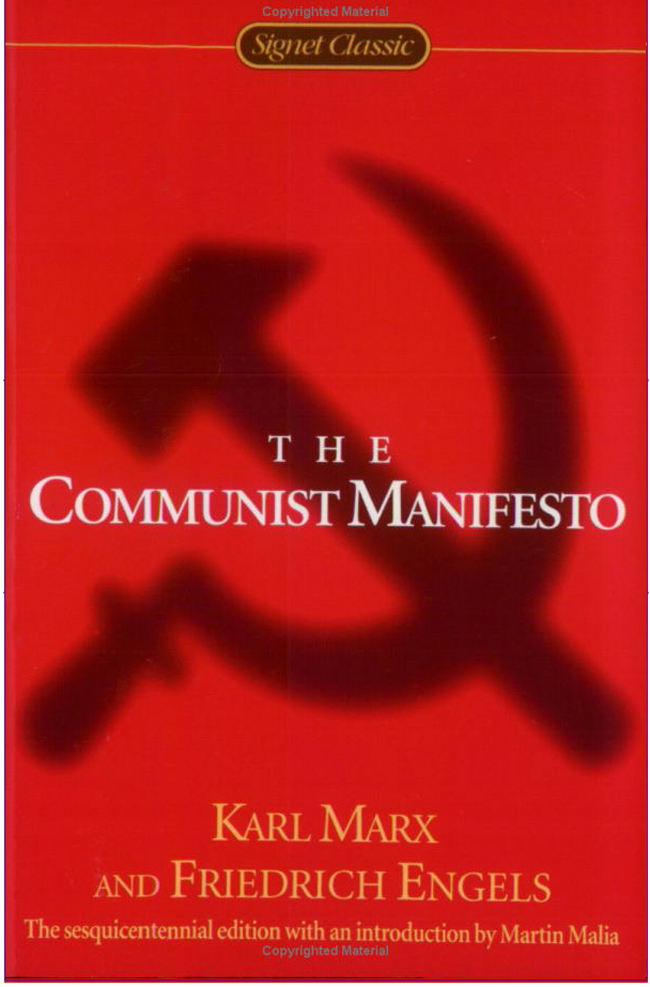


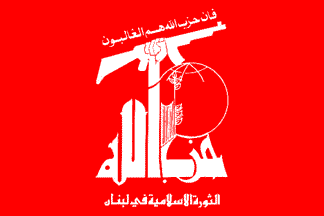

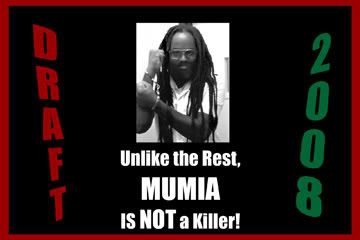

<< Home